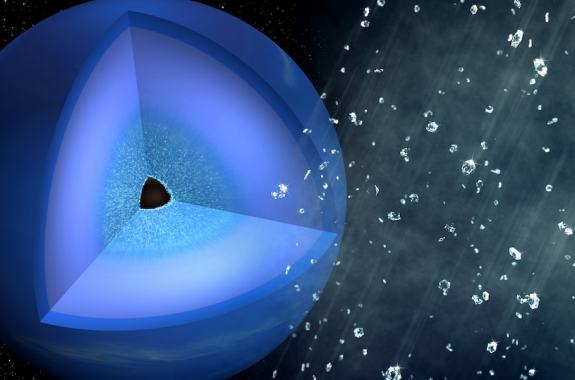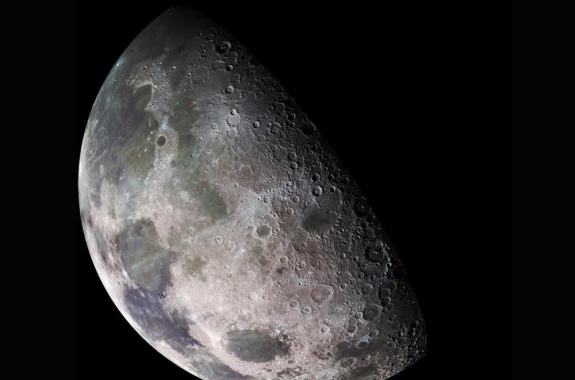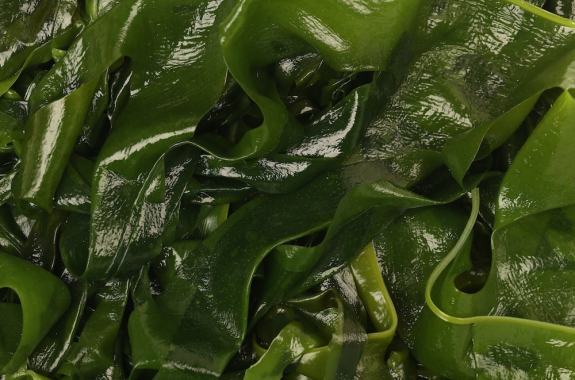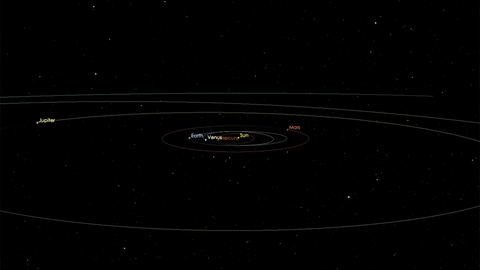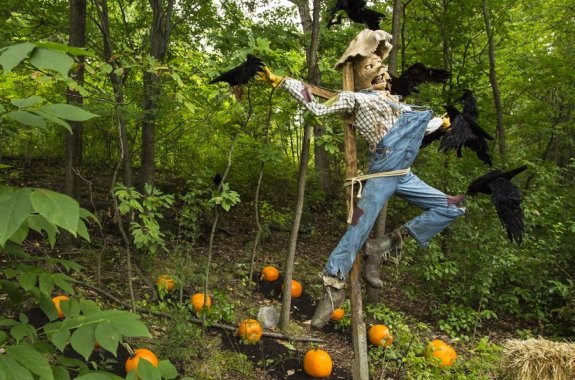Katie Feather is a former producer for Science Friday and the proud mother of two cats, Charleigh and Sadie.
Katie previously worked as a reporter and producer for KBIA, WHYY, WNYC and The New York Times and has a degree in science journalism from NYU. Her work reporting on events in Ferguson, Missouri, in 2014 won a National Murrow Award for small-market feature reporting.
A native of the New York metro area, Katie currently calls New Jersey home (and feels guilty about it). She hopes to one day live near the beach.
6:59
Alan Alda Wants To Know: ‘What Is Climate?’
In his annual Flame Challenge, Alan Alda is calling on scientists to answer a seemingly simple, but complex question.
16:57
After Cassini, A Mission To Icy Planets Full Of Diamond Rain?
Researchers want to see what a closer look at Uranus and Neptune could tell us about our pale blue dot.
8:01
Visualizing Anatomy Unseen
This veterinary surgeon was confounded by how little we know about animal anatomy. So, he created a method to see all the way down to the smallest capillary.
29:38
How Andy Weir Engineered A Lunar City In ‘Artemis’
In his new novel, author Andy Weir creates a sprawling moon metropolis—just to see if he could break it apart with lunar felony.
7:39
Along The Kelp Highway
Archeologists agree on an early coastal route for ancient humans crossing from Siberia…and it’s not the land bridge. Plus, dog sacrifices in the Bronze Age.
17:26
Should Facebook Have A Seat At The Geopolitical Table?
Large tech companies wield the power of a large country—but without the same regulations.
6:41
A Space Rock Makes An Interstellar Visit
Astronomers detect the first object to travel from a far-off star system into our own based on its orbit and speed.
17:08
Does Math Have A Place In The Courtroom?
Supreme Court justices appear befuddled by math in gerrymandering case.
7:48
Farmers Ditch The Scarecrow, Bring Out The Big (Laser) Guns
A blueberry farm in Oregon turns to a high-tech trick to ward off birds from eating crops.
17:27
Is It Time For CRISPR 2.0?
Scientists expand the gene editing functions of CRISPR, making it safer and more precise.

